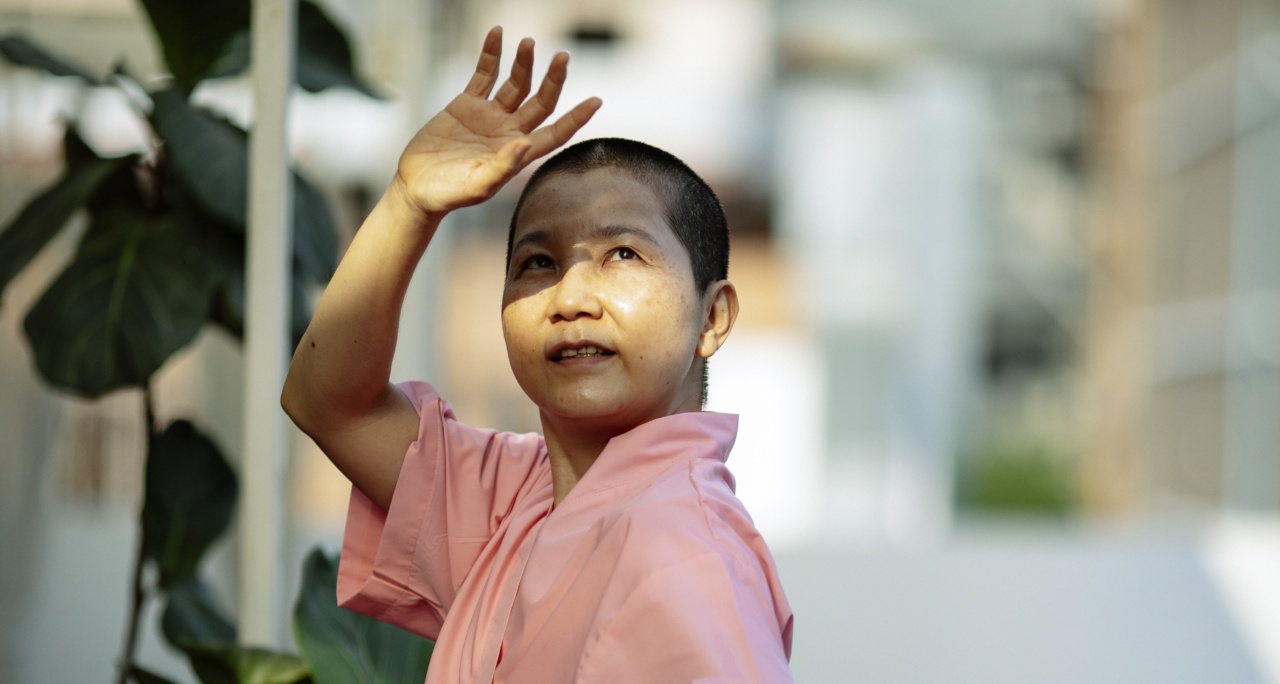Cancer is a devastating disease that affects millions of people worldwide. It is characterized by the uncontrolled growth of abnormal cells in the body.
While certain risk factors for cancer, such as genetics and family history, are beyond our control, there are several proactive steps we can take to reduce our risk. This comprehensive guide will provide you with valuable information on cancer prevention, empowering you with the tools to make healthy lifestyle choices and protect yourself from this deadly disease.
1. Maintain a Healthy Weight
Obesity has been linked to an increased risk of various types of cancers, including breast, colorectal, kidney, and pancreatic cancer.
To maintain a healthy weight, focus on a balanced diet consisting of fruits, vegetables, lean proteins, and whole grains. Incorporate regular physical activity into your routine to keep your body fit and reduce your risk of cancer.
2. Adopt a Nutritious Diet
A nutrient-rich diet can play a significant role in cancer prevention. Include a variety of colorful fruits and vegetables in your meals, as they are loaded with essential vitamins, minerals, and antioxidants that help protect against cancer.
Limit the consumption of processed foods, sugary beverages, and red or processed meats, as they have been associated with an increased risk of certain cancers.
3. Engage in Regular Exercise
Regular physical activity not only contributes to weight management but also directly lowers the risk of certain cancers. Aim for at least 150 minutes of moderate-intensity exercise or 75 minutes of vigorous-intensity exercise per week.
Engage in activities such as brisk walking, jogging, swimming, or cycling to improve overall fitness and reduce cancer risk.
4. Quit Smoking
Smoking is a leading cause of various types of cancer, including lung, mouth, throat, bladder, and pancreatic cancer. If you smoke, quitting is the best thing you can do for your health.
Seek support from smoking cessation programs, medications, or counseling to improve your chances of success.
5. Limit Alcohol Consumption
Excessive alcohol consumption has been linked to an increased risk of several types of cancer, including breast, liver, esophageal, and colorectal cancer.
It is recommended to limit alcohol intake to moderate levels, which means up to one drink per day for women and two drinks per day for men.
6. Protect Yourself from the Sun
Exposure to ultraviolet (UV) radiation from sunlight or artificial sources like tanning beds is a significant risk factor for skin cancer.
To protect yourself, seek shade during peak sun hours, wear protective clothing, and apply sunscreen with a sun protection factor (SPF) of 30 or higher. Additionally, avoid indoor tanning altogether.
7. Get Vaccinated
Certain infections have strong links to the development of cancer. To prevent these infections, ensure you are up to date with the recommended vaccinations.
For example, the human papillomavirus (HPV) vaccine protects against HPV-related cancers, including cervical, vaginal, and anal cancer. Hepatitis B vaccination can significantly lower the risk of liver cancer.
8. Practice Safe Sex
Engaging in unprotected sex or having multiple sexual partners can increase the risk of sexually transmitted infections (STIs), some of which are associated with an increased risk of certain cancers.
To protect yourself, practice safe sex by using condoms and consider regular testing for STIs.
9. Undergo Regular Screenings
Screenings play a crucial role in detecting cancer at early stages when it is most treatable. Adhere to recommended screening guidelines for various types of cancers, such as breast, cervical, colorectal, and lung cancer.
Early detection can significantly improve treatment outcomes.
10. Reduce Exposure to Environmental Hazards
Avoid or minimize exposure to environmental hazards that are known or suspected to cause cancer. For instance, limit exposure to asbestos, secondhand smoke, and harmful chemicals like benzene and formaldehyde.
Make sure your living and working environments are well-ventilated and follow safety guidelines to minimize risks.
By implementing these preventive measures into your lifestyle, you can significantly reduce your risk of developing cancer.
Remember that prevention is always better than cure, and taking proactive steps today can make a significant difference in your health tomorrow.




























